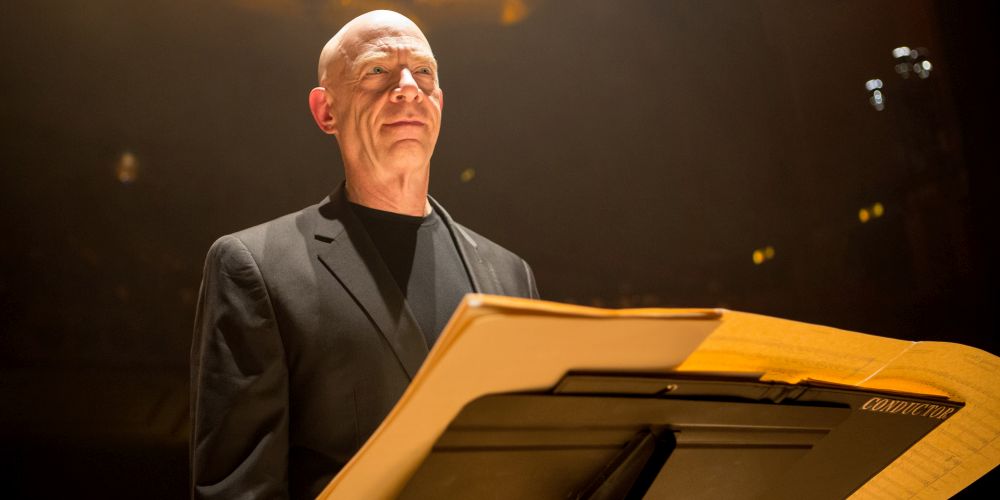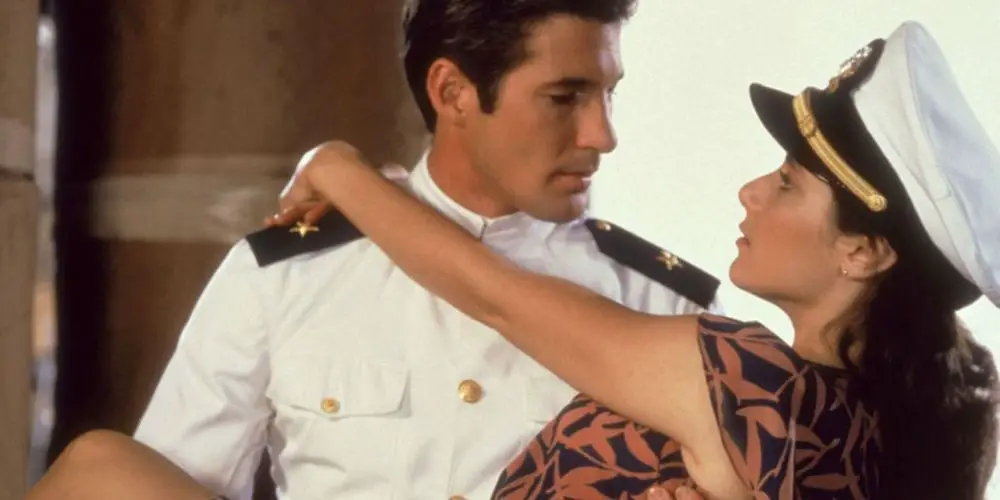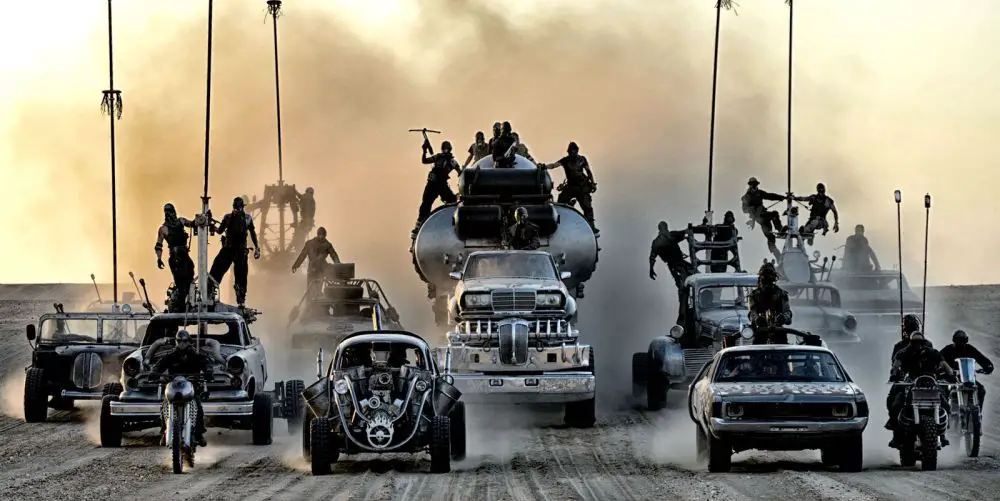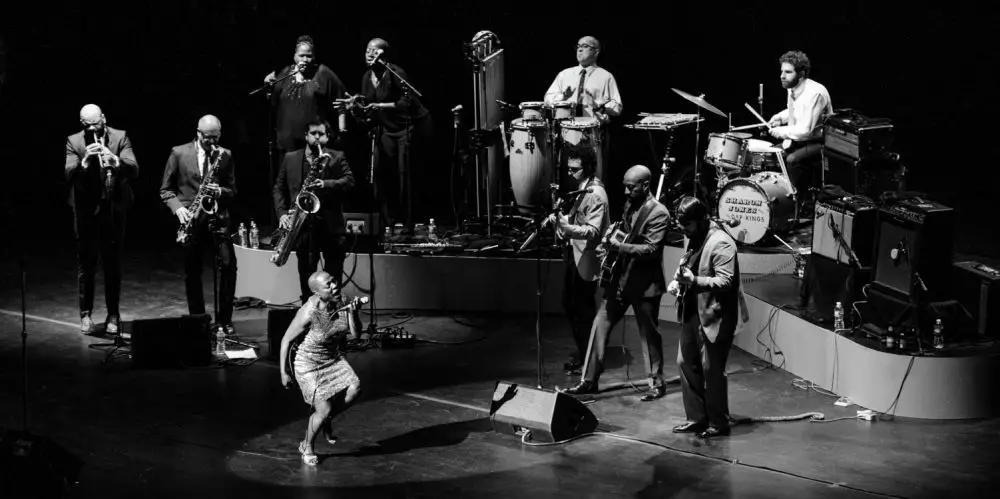music

In a time when facts, figures and certainties are thin on the ground, when reality itself appears to be fragmented into many non-congruent shards, it is perhaps not so surprising that some sense of perspective can be gained in the comforting darkness of the cinema theatre. Discombobulated by events both political and personal, I sought refuge from Manchester’s silvery anti-summer at a screening of Paul Fegan’s Where You’re Meant To Be, chronicling musician Aidan Moffat’s journey around Scotland in his quest to re-interpret some of the country’s folk standards in a more contemporary light. Throughout the film and the subsequent Q & A with Fegan and Moffat at Manchester’s Home, the theme of authenticity surfaced from the loch of uncertainty that clouds our ability to make sense of these times.

Class consciousnes and its oft-contingent condemnation of wealth was a theme at the 2016 Cannes Film Festival that one would be hard-pressed to overlook. The most obvious reason for this is the fact that Ken Loach’s poignant portrait of one man’s struggle to navigate Britain’s welfare system, I, Daniel Blake, took home the Palme d’Or. But this topic was also prominent in part because films about wealth, or lack thereof, pervaded the entire festival, spanning its various sections.

One of the most overlooked elements of the action genre is sound – more specifically, its use of sound cues to tell a story. However, this mode of storytelling is not only powerful by itself, but is especially suited to the needs of modern action films. Recent advances in sound technology now make it possible for action directors to put sound cues to their full use.

You will see the term postmodern to describe the comedy of The Lonely Island, the comedy team responsible for this film and the birth of the Saturday Night Live Digital Short, as you read opinions on their newest film, Popstar: Never Stop Never Stopping. It is a vague term that means comedy that deconstructs the art and is self-aware.
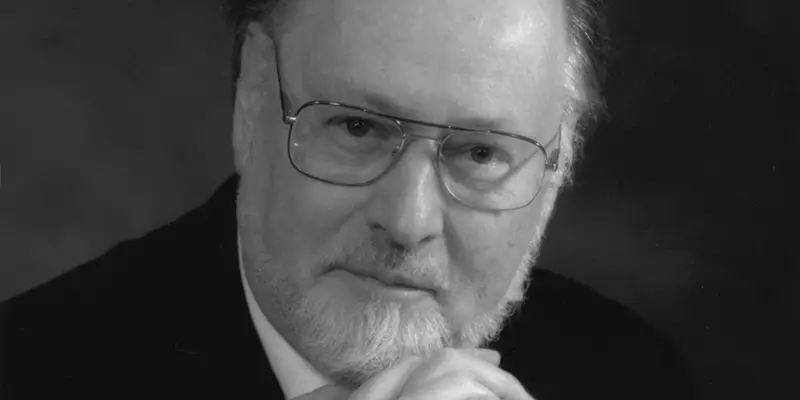
In all production tools of filmmaking, using sound effects is a fundamental factor in capturing a film’s escapist experience and the audience’s reactions. Although sound is not seen on-screen, it does play a crucial role in how films work, and in how it progresses narrative, develops characters and addresses significance. John Williams is an example of a composer whose work has established the importance of music within cinema, and how they play a fundamental role in the entire experience.

A while ago, I had the pleasure of speaking with one of the members of the legendary band Green Jelly, Matt Groopie. I had originally planned on speaking with Matt about the small Canadian tour that Green Jelly had taken in the beginning of May, but my plans changed quickly after experiencing what I considered to be one of the most entertaining live shows I had ever seen. That being said, I should make it clear that I’ve been to hundreds of shows and concerts.
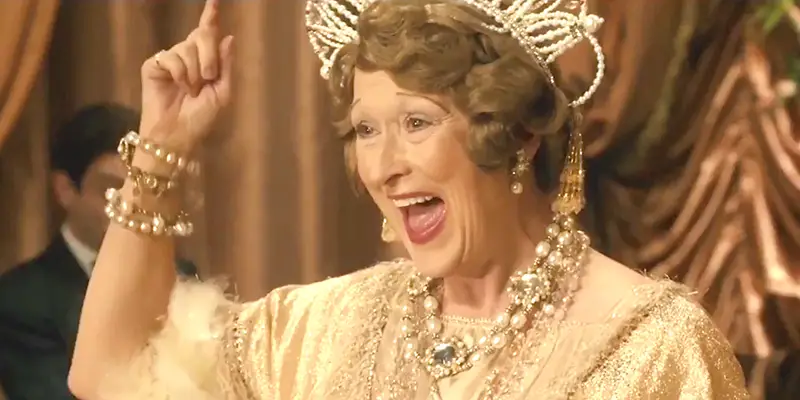
It’s very easy for the media to get overexcited about a new Meryl Streep film, and one costarring Hugh Grant and directed by Stephen Frears at that, but this time there’s something different. I think maybe, what with the recent success of The Iron Lady and the confusion over Suffragette (where she was on screen for only a few moments), the media and filmgoers are suffering from a little overindulgence when it comes to one of the world’s greatest actresses. So although Florence Foster Jenkins has been promoted widely, it hasn’t been the film on everyone’s lips.
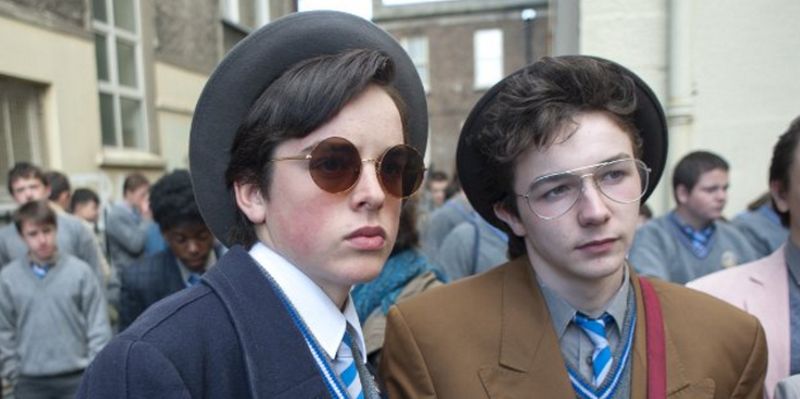
Director John Carney’s most beloved films are all about the idea of “authentic” music, with protagonists who are either singer-songwriters or bands all struggling to make a living when soulless pop is all that is keeping the music industry alive. His previous film Begin Again was about a struggling singer and a washed-up music producer making a concept album that laughed in the face of pop music’s obsession with inauthenticity. The characters were celebrated in the film, despite making an album of beige-sounding Starbucks music that seemed to ignore that rock’n’roll is so exciting because of its lack of authenticity.

In the beginning, there was light. It moved, it danced, it enthralled, but in the end, it was just light. Even in the silent era, exhibitors recognized the value of sound, coming up with a wide array of live and pre-recorded solutions to the problem of representing reality with only one of our five senses (and drained of color at that).


